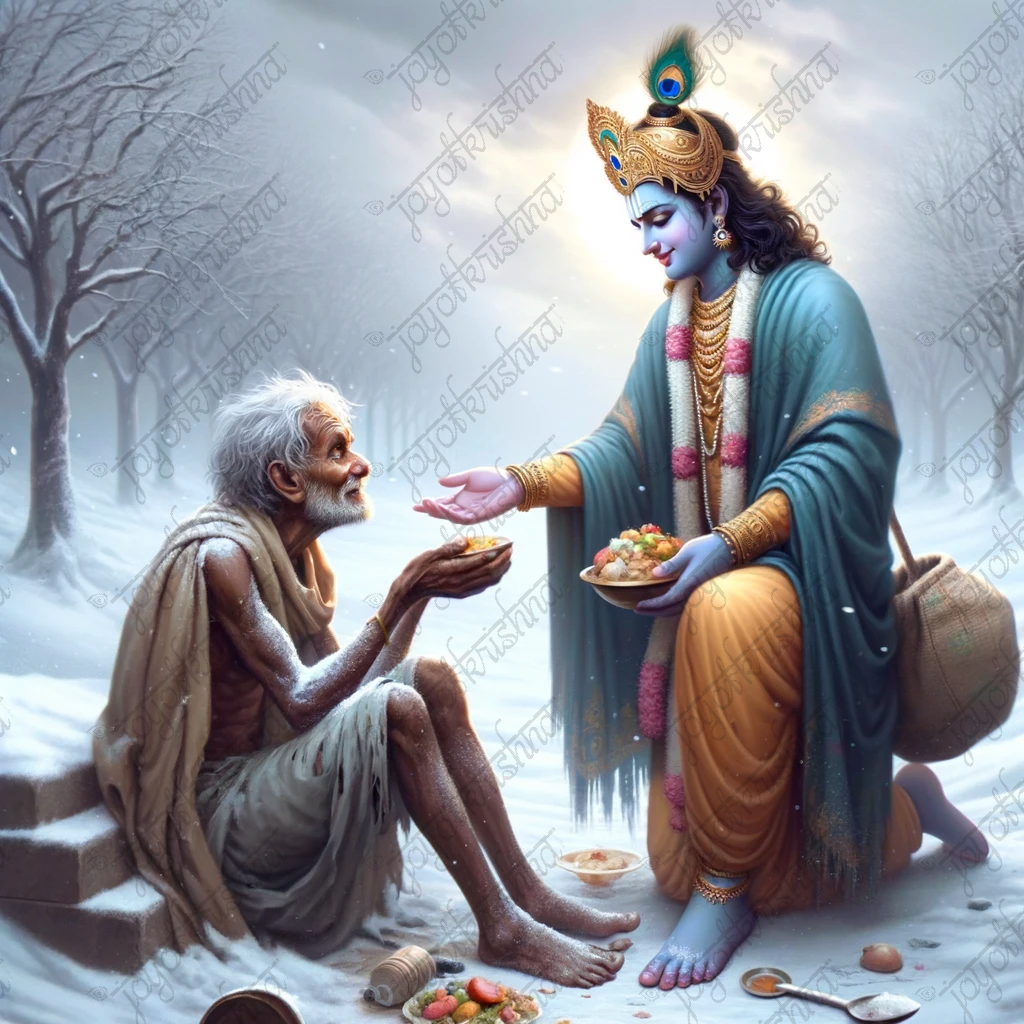
In the realm of Hindu mythology, one deity stands out for his mesmerizing persona, divine wisdom, and unparalleled bravery – Lord Krishna, the eighth avatar of Lord Vishnu. His chronicles have been etched in the hearts of devotees for centuries, and his teachings continue to inspire and guide humanity on the path of righteousness. Born in the city of Mathura, Krishna’s arrival marked the beginning of a new era, one that would witness the triumph of good over evil and the re-establishment of dharma. As a child, Krishna’s mischievous pranks and miraculous feats, such as lifting the Govardhan mountain on his little finger, left the inhabitants of Gokul and Vrindavan in awe. However, beneath his playful demeanor lay a profound understanding of the universe and its workings, which he would later reveal to his friend and disciple, Arjuna, on the battlefield of Kurukshetra. The Bhagavad Gita, a scripture that encapsulates Krishna’s counsel, is an epitome of spiritual wisdom, delving into the mysteries of the cosmos, the nature of the self, and the path to liberation. Krishna’s role in the epic Mahabharata is multifaceted – he is the mentor, the strategist, and the savior, who navigates the complexities of human relationships and the intricacies of war with ease. His diplomatic endeavors to prevent the war, though unsuccessful, demonstrate his commitment to peaceful resolution and the well-being of all. The Ras Leela, a revered episode in Krishna’s life, showcases his deep connection with the gopis, the cowherd maidens, who embody the ideals of devotion and selfless love. Through his interactions with them, Krishna illustrates the significance of bhakti, or loving surrender, as a means to attain spiritual enlightenment. Moreover, his marriage to Rukmini and Satyabhama, among others, exemplifies the importance of honoring one’s duty and upholding the values of marriage. As a warrior, Krishna’s prowess is legendary, and his involvement in the battles against the demon king, Jarasandha, and the evil prince, Duryodhana, underscores his unwavering commitment to justice. His Sudarshan Chakra, a divine discus, serves as a potent symbol of his unrelenting campaign against adharma. In the end, Krishna’s departure from the mortal world, which marks the beginning of the Kali Yuga, leaves behind a legacy of love, wisdom, and courage, inspiring generations to strive for a world that is just, compassionate, and harmonious. As the quintessential charioteer of the human soul, Krishna continues to guide us through life’s trials and tribulations, reminding us of the eternal nature of our existence and the infinite potential that lies within us.